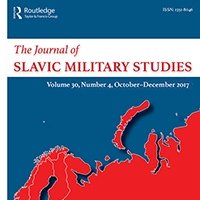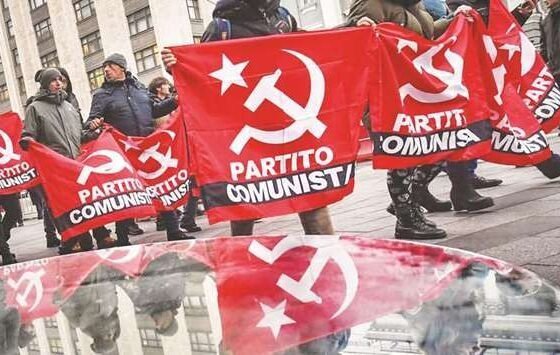(Journal of Slavic Military Studies) (Co-authored with A. Makarychev) Abstract: The article addresses the sphere of performing arts as part of Russia’s security policy and, in particular, its propaganda dimensions. The authors approach cultural representations as appeals to universal norms rather than to national interests and in this respect focus on two specific cases of aestheticization of military force applied beyond the national borders of the Russian Federation — in Georgia in August 2008 and in Syria since September 2015. These cases are comparable with each other, since the external projections of Russia’s hard power were accompanied by similar cultural gestures — namely, public concerts of classical music performed by the world-famous Valery Gergiev’s Mariinsky Theater in two sites controlled by Russian troops, Tskhinvali and Palmyra. The article argues that the Russian government uses two strategies of aestheticizing its military missions — mimetic (implying the closest possible correspondence to reality) and aesthetic (based on imageries), though the distinction between the two is not always well fixed.
Read More © The Journal of Slavic Military Studies (Routledge)
The Journal of Slavic Military Studie











